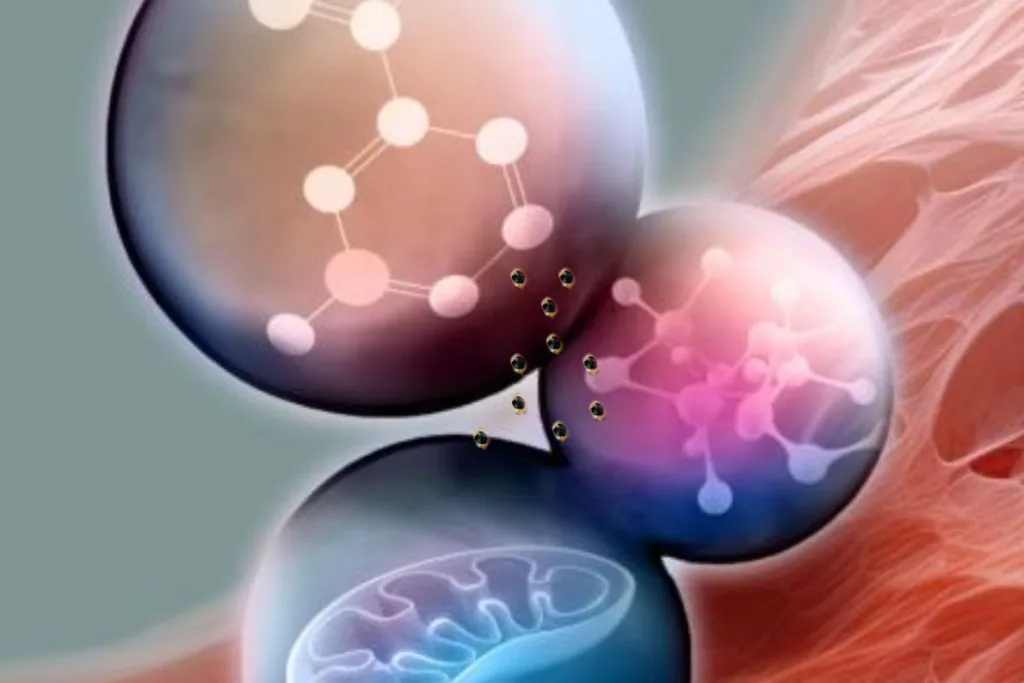
Trigoneline, which is found in coffee, it decreases during sarcopenia but increasing its levels can improve physical performance.
Sarcopenia, a condition characterized by a progressive decrease in skeletal mass and function, poses a major global health challenge, particularly among the aging population.
Now the latest research from Nestl Research in Switzerland and the Yong Loo Lin School of Medicine, National University of Singapore (NUS Medicine), in collaboration with other academic institutions, sheds light on a possible treatment involving the natural molecule trigonelline. [1]. Trigonelle, found in the body, is readily available in food sources such as coffee and fenugreek seeds.
Longevity.Technology: Central to the pathophysiology of sarcopenia are cellular changes associated with aging, including decreased mitochondrial function and decreased levels of nicotinamide adenine dinucleotide (NAD+). These changes contribute to muscle tissue deterioration and decreased performance, and, in particular, a research consortium has identified a correlation between reduced trigonelline levels and sarcopenia in the elderly.
In pre-clinical models, administration of trigonelline has shown efficacy in reducing symptoms of sarcopenia. Specifically, trigonelline supplementation resulted in higher NAD+ levels, improved mitochondrial function, and preservation of muscle function. These findings, say the authors, suggest that nutritional supplementation of trigonelline may serve as a strategy to increase NAD+ that works to prevent age-related muscle decline. [1].

Research has also shown that trigonelline supplementation in C elegans it was associated with improved mitochondrial respiration and biogenesis, reduced muscle breakdown and increased lifespan and mobility of animals, mediated through an NAD+-dependent pathway involving sirtuin pathways. Supplementing the diet of male rats with trigonelline improved their muscle strength and prevented fatigue during aging. [1].
The results of the study emphasize the therapeutic potential of trigonelline supplementation in dealing with sarcopenia. While popping into Starbucks won’t help in the short term, trigonelline offers a promising way to intervene in the fight against age-related muscle wasting. Furthermore, the identification of trigonelline as a modulator of NAD+ levels highlights its importance in cellular metabolism and aging processes.
Assistant Professor Vincenzo Sorrentino from the Healthy Longevity Translational Research Program at NUS Medicine and co-author on the paper said: Our findings increase the current understanding of NAD+ metabolism through the discovery of trigonelline as a novel NAD+ precursor and increase the potential to develop interventions with NAD+ – producing vitamins for both healthy longevity and age-related disease applications [2].
Nutrition and physical activity are important lifestyle recommendations to maintain healthy muscles during aging. We are excited to discover through collaborative research that a natural molecule from food interacts with cellular aging signals. The benefits of trigonelline on cellular metabolism and muscle health during aging open up promising translational applications, says Jerome Feige, Head of Physical Health at Nestl Research. [2].
Sarcopenia represents a major global health burden, with profound implications for both individual well-being and global health care systems. The discovery of the role of trigonelline in modulating the cellular mechanisms associated with sarcopenia opens the door to possible methods of intervention, and further research elucidating the precise mechanisms of action of trigonelline and its clinical use is warranted. Coffee flavored fenugreek seeds, anyone?
Photo courtesy of Yong Loo Lin School of Medicine, NUS
[1] https://www.nature.com/articles/s42255-024-00997-x
[2] https://medicine.nus.edu.sg/news/natural-molecule-found-in-coffee-and-human-body-increases-nad-levels-improves-muscle-function-during-ageing/
#natural #molecule #increases #NAD #levels #improving #muscle #performance #aging
Image Source : longevity.technology